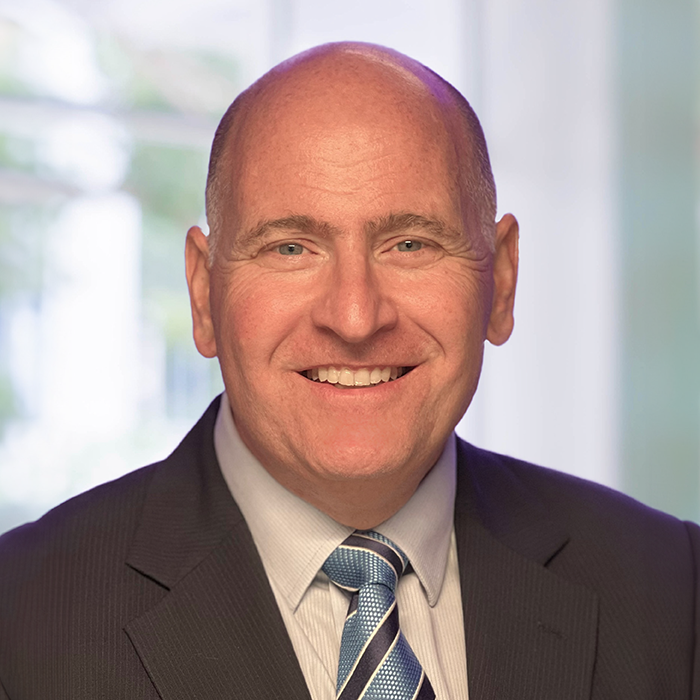
According to a 2020 survey of over 1300 eye surgeons and staff members, a staggering 93 percent of our peers believe that we waste far too much packaging and materials in eye surgery. And yet, within our profession, our ability to make any type of real headway towards sustainable practices is impeded by regulatory and psychological barriers.
One common barrier to sustainability in ophthalmology manifests itself as inertia – the feeling that “We have always done things this way and always will.” This inertia is then bolstered by a fear of regulations and red tape. But of whose regulations are we so fearful? For US practitioners, regulators include the FDA, the Centers for Medicare and Medicaid Services (CMS), the Association of periOperative Registered Nurses (AORN), and the Accreditation Association for Ambulatory Health Care (AAAHC). On top of these, we might also be wary of policies put in place by the American National Standards Institute (ANSI) and the International Organization for Standardization (ISO).

These regulatory bodies’ rules can often be viewed as gospel – unimpeachable and held up by faith alone. But the fact is that many rules set to govern medicine-based practices are often rooted in non-evidence based medicine.
So, what if we stop to think about the logic of regulations that are currently stifling sustainability?
To date, EyeSustain – an international cooperative of physicians, staff members, medical students, and industry personnel – has published position papers in two important areas of how ophthalmology might make further steps towards sustainability.
The first of these papers – “Reducing topical drug waste in ophthalmic surgery” – highlights how many surgical facilities in the US, particularly those in larger hospitals, require that a bottle of eye drops must be used only for one patient before being discarded. The authors state that this practice “significantly increases the cost and carbon footprint of ophthalmic surgery and the risk for periodic drug shortages,” before going on to note that no regulation actually requires this practice, and that bottles of partially used eye drops can instead be reused on different patients until they are empty or they expire, all without compromising patient care.
Another ophthalmic sustainability issue – the paper instructions for use (IFUs) – is addressed in Emily Schehlein’s 2024 paper. Schehlein suggests that paper IFUs could be replaced with QR codes printed on the outside of surgical packaging. This small change would allow the most recent information to be available instantly and in multiple languages anywhere in the world.
Currently, there are very few global facilities performing surgery that do not have internet access – at least on a mobile phone. But for those facilities where internet access is either unreliable or non-existent, a paper copy of IFU could easily be provided once or twice a year. Schehlein recommends that facilities also print a paper copy from a downloadable PDF to be used as backup in instances when internet access is limited.
The EyeSustain Pledge is a simple commitment that any surgical facility can make toward sustainability. It involves educating your staff about sustainability, evaluating surgical packs for rarely used products (in other words, items that can be separately opened only when they are needed), using bottles of eye drops for multiple patients when possible, assessing the need for full body draping, and frequently evaluating the options of reusable versus disposable instruments and products.
It will take years of ongoing work to change some of the long-standing, wasteful practices that are unfortunately so common in ophthalmology. Meanwhile, I believe that everyone in the profession can take an interest in this area at a grassroots level, making small incremental changes towards the greater good. I think that Anne-Marie Bonneau – best known as the “Zero-Waste Chef” – put it most eloquently when she said, “We don’t need a handful of people doing zero waste perfectly. We need millions of people doing it imperfectly.”
By overcoming the fear of regulatory pushback and the need to perform “perfectly” every single time, each one of us can work towards a more sustainable future. This would be a future that is not only realistic and achievable, but also benefits those generations of ophthalmologists to come.
Headshot supplied by author
